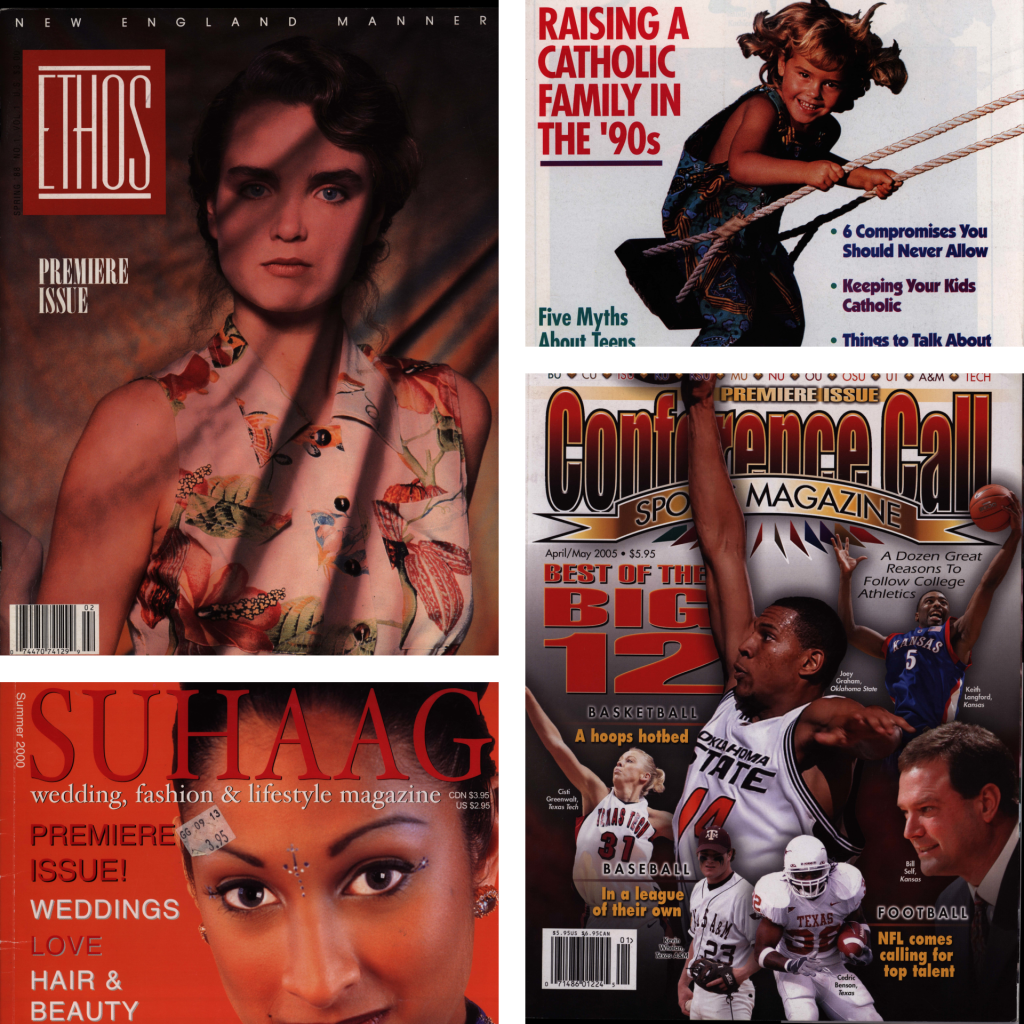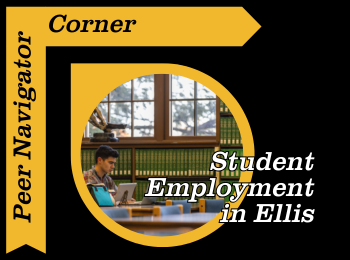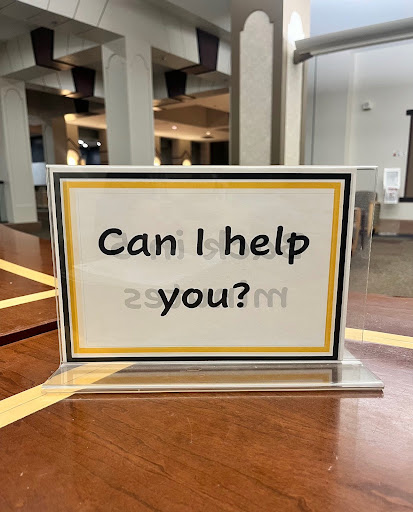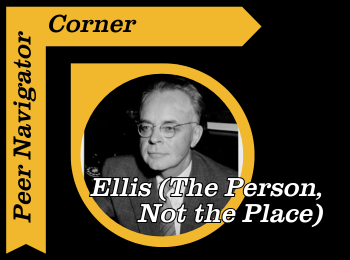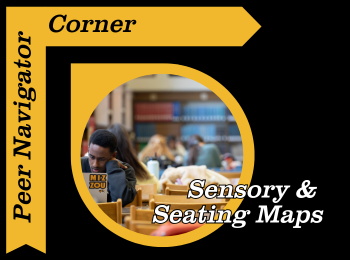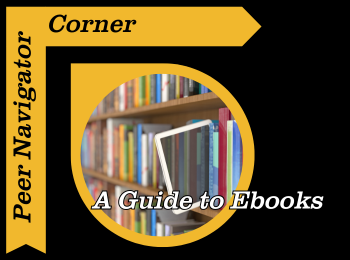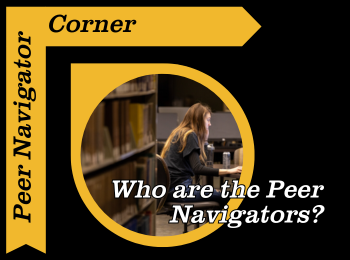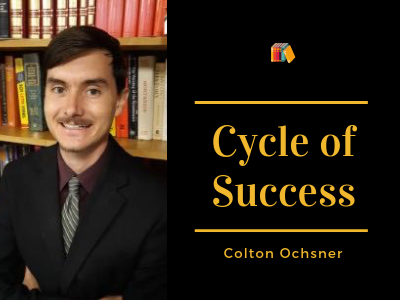Written by: Libby Gremaud
Ellis Library has so much more to check out than just books. There are tons of different electronics, and a surprising assortment of other materials that can be borrowed from our Checkout and Information Desk. While some of these items you can only use in the library, lots of them can be taken out of the building so you can use them wherever you like.
If you ever need to use a laptop, you can check out either a Dell or a Mac computer. Both can only be used in the library, but they can be borrowed for up to four hours. You can also check out an iPad 9th generation, which can be taken out of the library for up to 3 days. The iPad comes with a charger, an adapter, and a case. Projectors and flash drives are also available, and they can both be checked out for up to 24 hours.
If your phone or laptop ever dies while you’re on campus, no worries! You can borrow several different kinds of chargers for up to four hours. Supplies such as whiteboard markers, staplers, three-hole punches, headphones, or rulers can also be borrowed from the desk.
One of the best things about Mizzou is that we have so many libraries that all offer something special. If what you need isn’t available at Ellis, it might be at one of our other libraries. The Journalism Library offers CD and DVD players, along with lots of other special cameras and media equipment. If you’re looking for coloring supplies, head to the engineering library, where you can also check out one of the several board games they offer. All of our libraries on campus also allow you to check out umbrellas, which can be handy if you forget yours!
The next time you need something, take a look at our Equipment Lending Guide to see if it is available to be borrowed. These are just some examples of the various things our libraries offer, so make sure to check it out!

